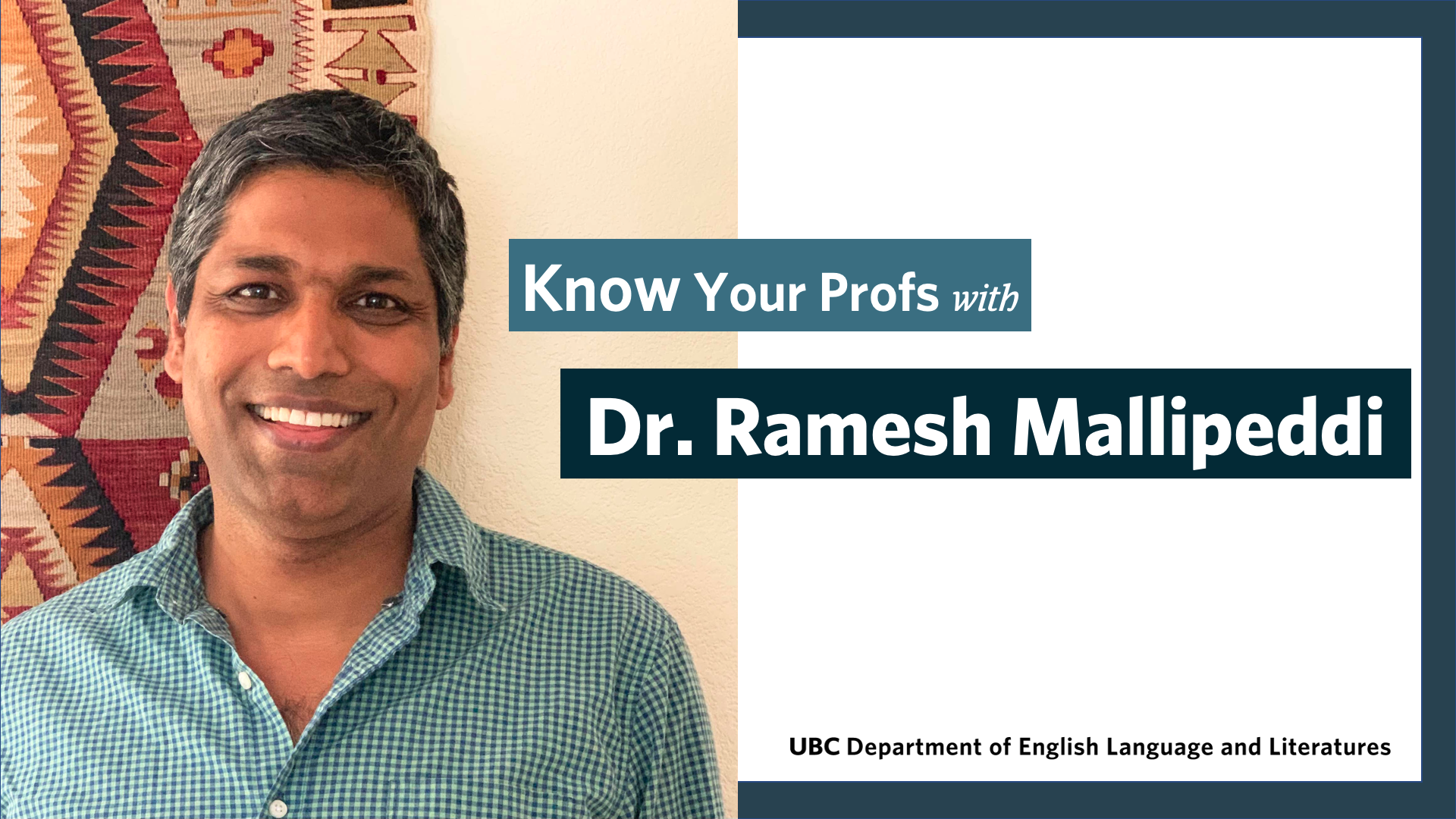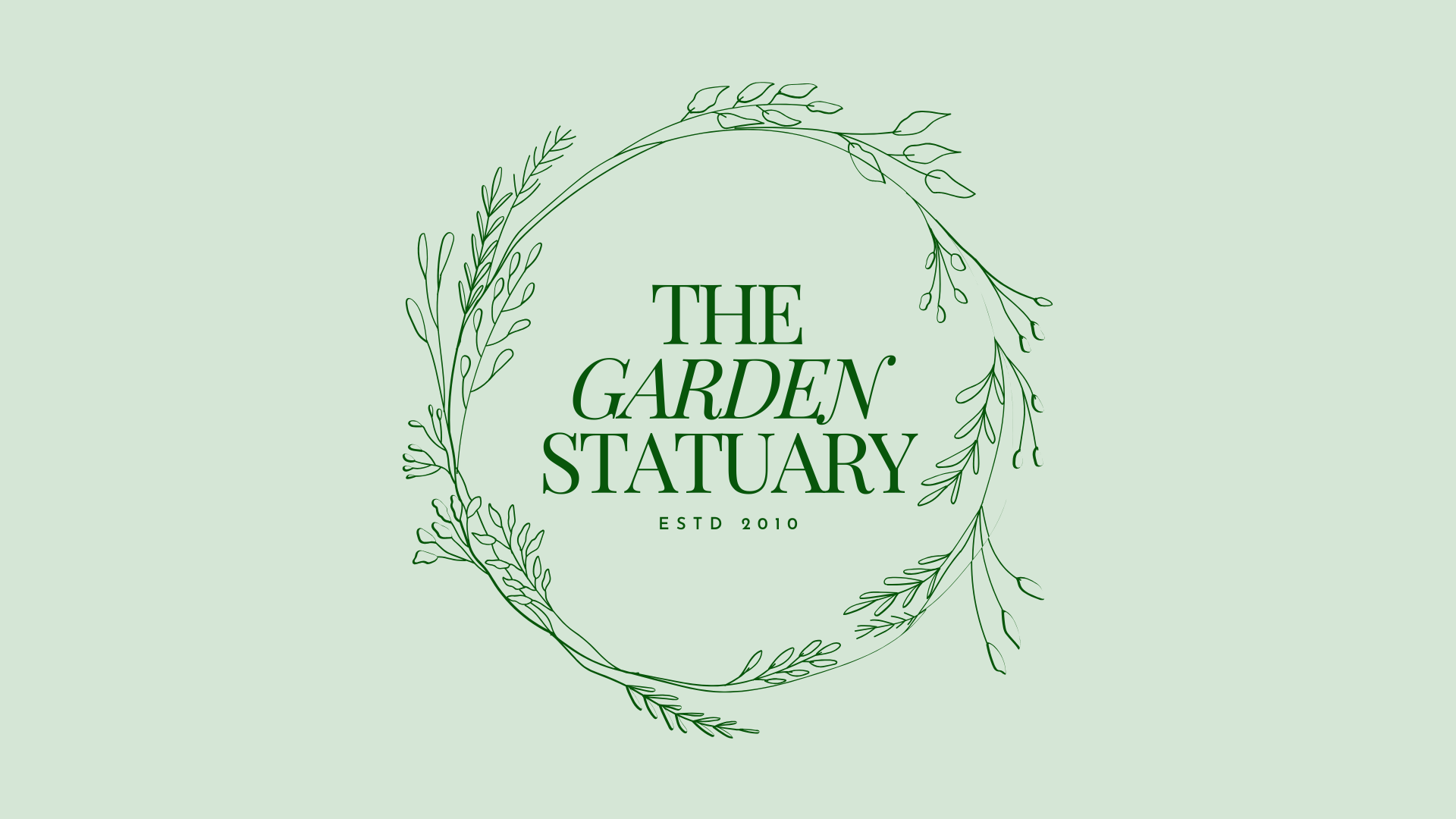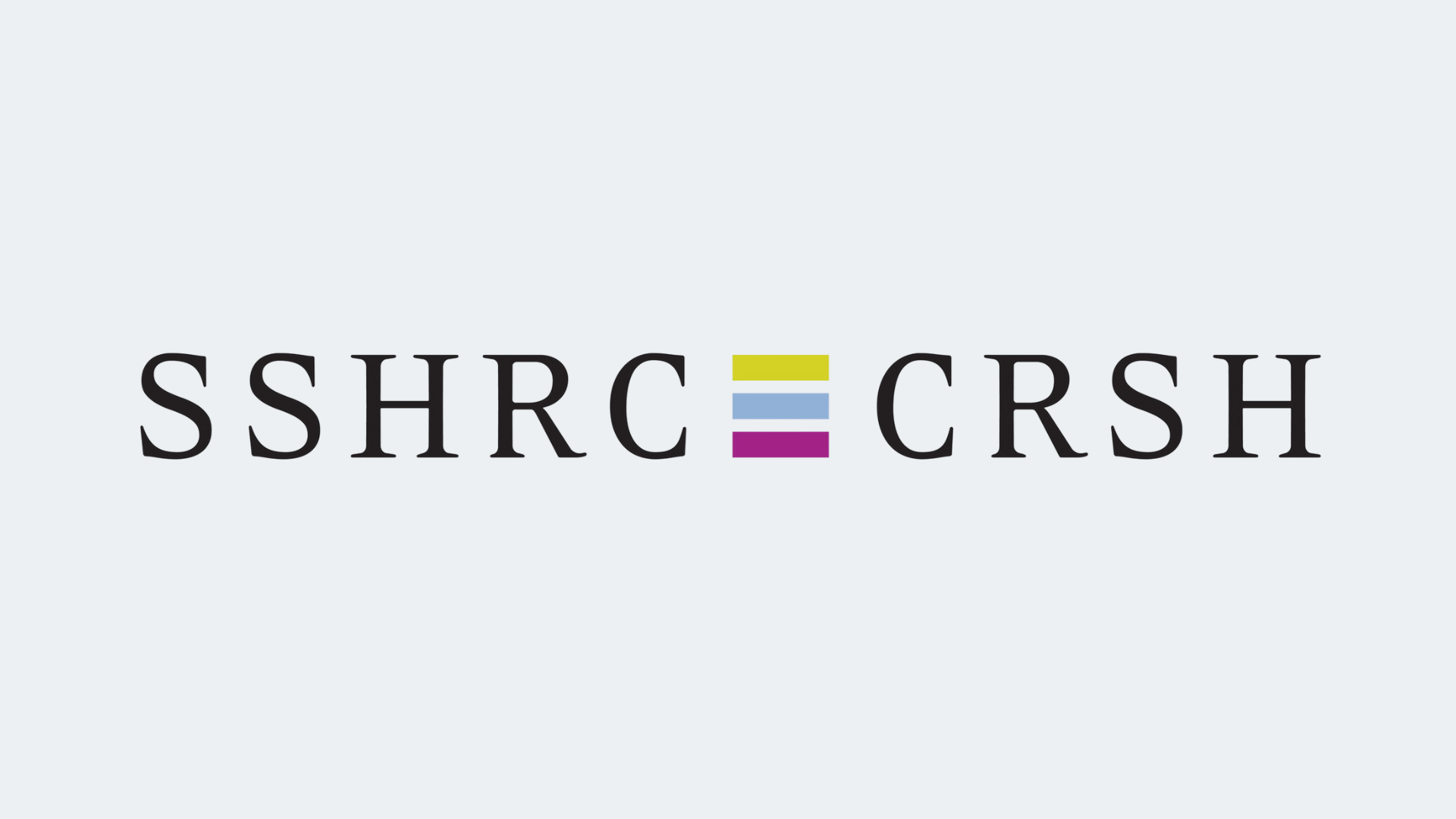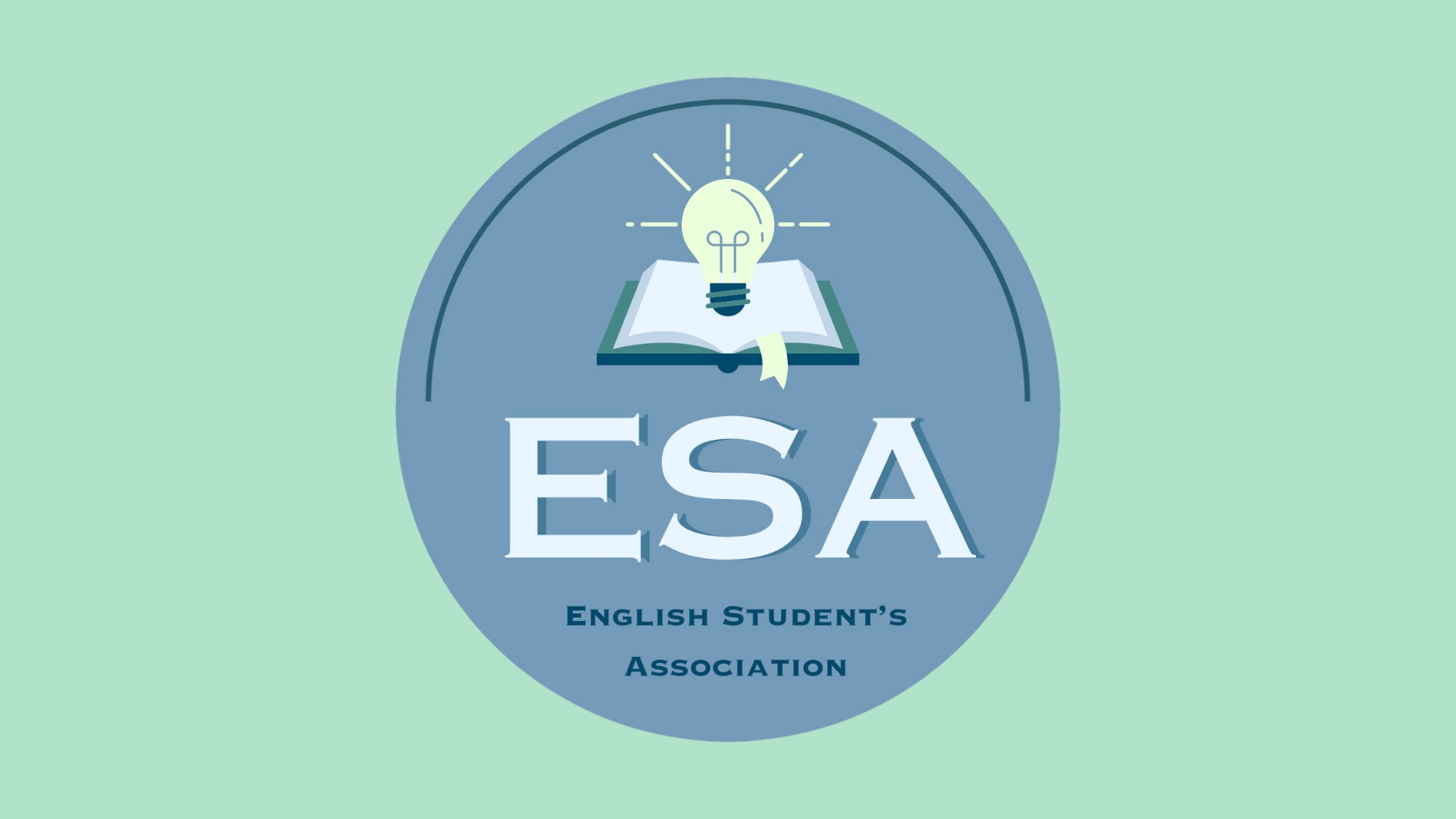

You see them every week in class, exchange emails with them about essay extensions, and go to their office hours when you realize you have a midterm next week. But who are your English Language and Literature professors, really? What can you expect from taking their classes, and what do they think about when they’re not standing behind a lectern?
The Know Your Profs series is meant to help you get to know your professors in their own words. This series is for you if you’re thinking of taking a course taught by a professor you don’t know very well, if you’re an Honours student or graduate student looking for a thesis supervisor, or if you simply want to know more about your favourite professors in the Department of English Language and Literatures.
Dr. Ramesh Mallipeddi works on the Long Eighteenth Century. He is also the editor of Eighteenth-Century Studies, the foremost learned society in the United States for the study of all aspects of the period. Read on to find out what Dr. Mallipeddi has to say about troubling the canon of “English literature”, why the study of literature must always be situated within larger cultural, social, and historical contexts, and why our perceptions of the present can never be divorced from an understanding of the past.
What is your area of specialization, and when did you know academia was for you?
I work on Restoration and Eighteenth-Century British Literature (or what’s known in our field as “The Long Eighteenth Century”), with an emphasis on histories of colonialism and racial slavery.
It’s hard to say when I realized academia was for me, but from an early age I derived immense pleasure from reading all sorts of books, even old newspapers, in Telugu (my first language) and English. I double majored in English Literature and History in college because I wanted to continue my studies in one of those areas. I was interested in political criticism well before entering the PhD program at Cornell, but a graduate seminar I took with Laura Brown on “Colonialism and Eighteenth-Century Literature” inspired me to specialize in the eighteenth century.
What does it mean to you to study literature?
To study literature is to engage with the intricacies of language, narrative, and form, with some attention to historical contexts of production. Some of the most exciting literature of the past few decades has been by writers of non-Anglo-American descent. The field has undergone a massive change in the last few decades. We are increasingly turning our attention to “literatures in English,” rather than “English literature” as such. In my own field, writers of African descent such as Olaudah Equiano and Mary Prince are as vital as canonical authors like Dryden and Pope.
What are your favourite questions students have asked you about literatures in English?
I can’t think of any particular questions, but there is an inescapable sense amongst students that the world we’re inhabiting is an increasingly precarious one, socially and climatologically. Whether it’s an eighteenth-century text like Daniel Defoe’s Robinson Crusoe or a more recent novel like Tommy Orange’s There There, the questions that students raise have a sense of real political urgency.
Which courses will you teach?
In Term 2, I’ll be teaching ENGL 200: Principles of Literary Studies, a team-taught class that focuses on key critical concepts and approaches to the study of literature.
I’ll also offer a graduate seminar, ENGL 525A: Slavery and Eighteenth-Century Literature. This course traces the centrality of the transatlantic slave trade and plantation slavery to the literary culture of the period. More generally, the course seeks to help students think through how seemingly modern-day phenomena such as racism and globalization are in fact legacies of European imperialism that was institutionalized in the eighteenth century.
What can students expect from your classes?
In my courses, students can expect to develop an appreciation for the aesthetic qualities of literature, as well as an awareness that literature is part of a larger ongoing cultural, social, and historical conversation. They will also develop writing skills specific to literary analysis.
I assign a considerable amount of reading and expect students to be prepared to discuss the material at every class meeting. I take seriously my responsibilities as a teacher of writing, integrating sequential revision and student conferences into the structure of all my courses. I want my students to know that earlier historical periods are relevant, even necessary, for understanding the world we’ve come to inhabit. Finally, I want students to know that they’re always welcome to talk to me about their interests.
If you weren’t a professor, what would you do with your life?
I would have studied to become a civil servant in my home country, India.
What is a book from the last decade that has influenced you the most?
I’ve been following the work of the French philosophical anthropologist, Didier Fassin, for a while. I consider his text, Prison Worlds: An Ethnography of the Carceral Condition (2016), to be one of the most vital scholarly interventions of the last decade. Based on his years-long field work in French prisons, where the majority of inmates are poor, immigrant, or working-class, Fassin shows how the number of deprivations imposed by the carceral system are not legible in our everyday understanding of imprisonment as loss of freedom.
What advice would you give your first-year and graduating undergrad self?
To my first-year self, I would say: make your college experience rewarding and enjoyable. Take classes in as many fields as you can and be open to new ideas and challenges.
To my graduating self, I would say: the training and skills gained in literature classes will stand you in good stead, no matter what profession or line of work you end up pursuing.


